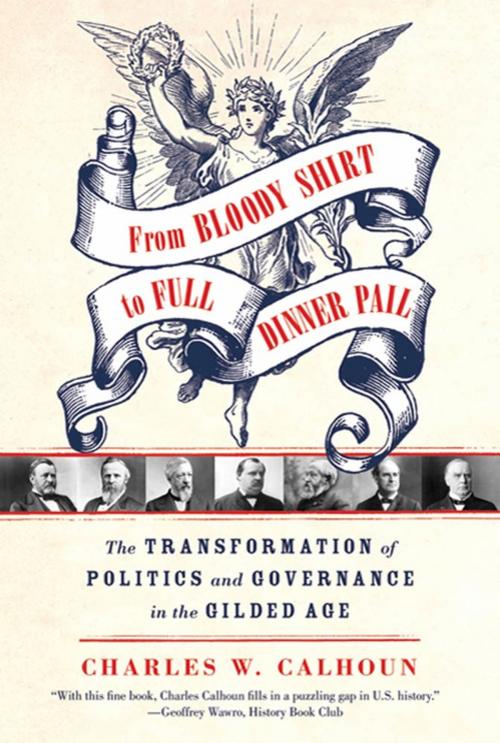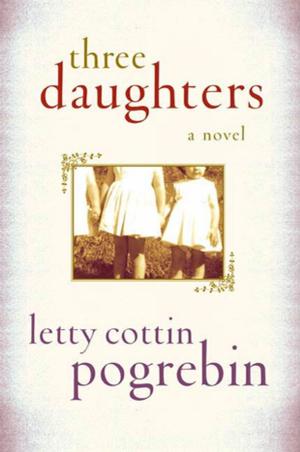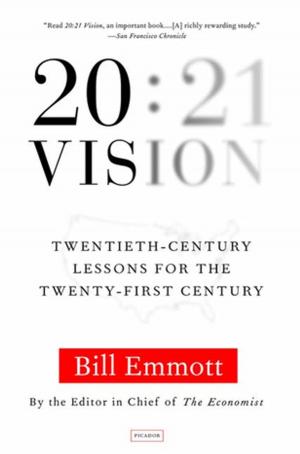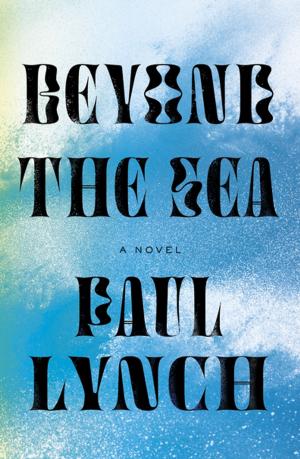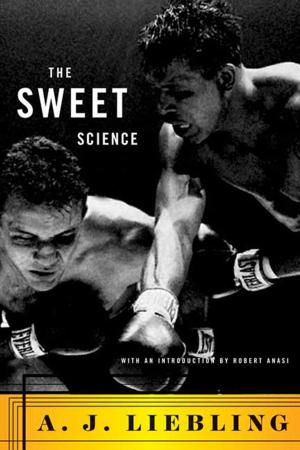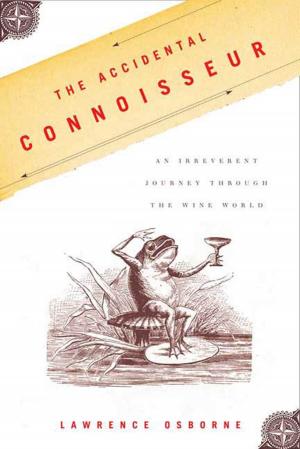From Bloody Shirt to Full Dinner Pail
The Transformation of Politics and Governance in the Gilded Age
Nonfiction, History, Americas, United States, 19th Century| Author: | Charles W. Calhoun | ISBN: | 9781429979702 |
| Publisher: | Farrar, Straus and Giroux | Publication: | August 3, 2010 |
| Imprint: | Hill and Wang | Language: | English |
| Author: | Charles W. Calhoun |
| ISBN: | 9781429979702 |
| Publisher: | Farrar, Straus and Giroux |
| Publication: | August 3, 2010 |
| Imprint: | Hill and Wang |
| Language: | English |
A short, elegant overview of politics at the close of the nineteenth century
In the wake of civil war, American politics were racially charged and intensely sectionalist, with politicians waving the proverbial bloody shirt and encouraging their constituents, as Republicans did in 1868, to "vote as you shot." By the close of the century, however, burgeoning industrial development and the roller-coaster economy of the post-war decades had shifted the agenda to pocketbook concerns—the tariff, monetary policy, business regulation.
In From Bloody Shirt to Full Dinner-Pail, the historian Charles W. Calhoun provides a brief, elegant overview of the transformation in national governance and its concerns in the Gilded Age. Sweeping from the election of Grant to the death of McKinley in 1901, this narrative history broadly sketches the intense and divided political universe of the period, as well as the colorful characters who inhabited it: the enigmatic and tragic Ulysses S. Grant; the flawed visionary James G. Blaine, at once the Plumed Knight and the Tattooed Man of American politics; Samuel J. "Slick Sammy" Tilden; the self-absorbed, self-righteous, and ultimately self-destructive Grover Cleveland; William Jennings Bryan, boy orator and godly tribune; and the genial but crafty William McKinley, who forged a national majority and launched the nation onto the world stage.
From Bloody Shirt to Full Dinner-Pail also considers how the changes at the close of the nineteenth century opened the way for the transformations of the Progressive Era and the twentieth century.
A short, elegant overview of politics at the close of the nineteenth century
In the wake of civil war, American politics were racially charged and intensely sectionalist, with politicians waving the proverbial bloody shirt and encouraging their constituents, as Republicans did in 1868, to "vote as you shot." By the close of the century, however, burgeoning industrial development and the roller-coaster economy of the post-war decades had shifted the agenda to pocketbook concerns—the tariff, monetary policy, business regulation.
In From Bloody Shirt to Full Dinner-Pail, the historian Charles W. Calhoun provides a brief, elegant overview of the transformation in national governance and its concerns in the Gilded Age. Sweeping from the election of Grant to the death of McKinley in 1901, this narrative history broadly sketches the intense and divided political universe of the period, as well as the colorful characters who inhabited it: the enigmatic and tragic Ulysses S. Grant; the flawed visionary James G. Blaine, at once the Plumed Knight and the Tattooed Man of American politics; Samuel J. "Slick Sammy" Tilden; the self-absorbed, self-righteous, and ultimately self-destructive Grover Cleveland; William Jennings Bryan, boy orator and godly tribune; and the genial but crafty William McKinley, who forged a national majority and launched the nation onto the world stage.
From Bloody Shirt to Full Dinner-Pail also considers how the changes at the close of the nineteenth century opened the way for the transformations of the Progressive Era and the twentieth century.
